Do we come from Mars?
The search for the origin of life by Kosuke Fujishima makes you think about extraordinary business like our own possible beginning on Mars, inter-galactic wars and the cradle of Earth.
Kosuke Fujishima is an astrobiologist at Earth-Life Science Institute (ELSI), Japan. In his research, he uses synthetic biology as a tool to study what life was like at its beginning stage. Aside from conducting research, he is also quite active as a science communicator. He appeared on YouTube channels, a TED-Talk, and online lectures to talk about his view on the origin of life. In a recent interview, he shared with us his thoughts on the three fundamental questions in philosophy “Where do we come from? What are we? And where are we going?”. We hope this interview will provide meaningful insights for readers who are interested in the field of astrobiology.
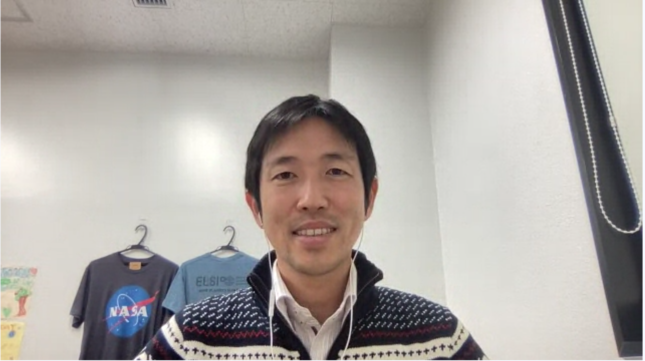
Nice to have you here Kosuke! First of all, as you know astrobiology is a very new field of study, could you briefly explain what kinds of things astrobiologists study?
Sure, astrobiology is a new yet quite fascinating field in my opinion! Taken literally, astrobiology is about studying life in the universe. We used to have a very Earth-centric view of life. As an astrobiologist, you need to think more in terms of the conditions that lead to “Life”. How did life emerge on earth? What are the initial environmental conditions to produce life? Are these conditions universally applicable? Or are there totally other forms of life on other planets? This might sound very broad, but in the field of astrobiology, we study the emergence, distribution, and evolution of life in the universe.
Wow, that sounds very broad indeed! Could you share with us how you got into the field of astrobiology in the first place?
I was studying transfer RNA or tRNA when I was a Ph.D. student at Keio University, Japan. We know that mRNAs are the blueprint of protein synthesis, but tRNAs are the actual laborers who carry the necessary amino acids for protein synthesis. Through my study, I discovered that even microbes in extreme environmental conditions have complex tRNA activities. So I started thinking, how did the protein synthesis system evolve? Why is it such a universal system? Is it possible that we find a system equivalent to tRNA somewhere outside of earth? With the passion to explore these questions, I did my post-doc research at NASA Ames Research Center and now become an assistant professor in the field of astrobiology at ELSI.
As a biologist, you may already see a disagreement with the definition of “life” in your field. How can astrobiologists from different backgrounds do research together if they disagree with the definition of “life”?
Yes, it is indeed a problem. NASA does have a definition of life. They say it is a “self-sustaining chemical system capable of Darwinian evolution”. But to be honest with you, I don’t think we will ever reach an agreement. Most astrobiologists have background knowledge from different fields, so of course, our ideas of what ”life” is will be different. But I think what we mostly do is mostly find or synthesize “life”-like things, bring them together and have a discussion on whether it is a “life”. So instead of having a clear definition, our jobs are more like re-discovering the definition of life.
In one of your ted-talks, you mentioned that your research is about the “precentral dogma era” What does that mean?
Ah! Thank you for watching my TED talk ☺! Well, In my opinion, there should be other mechanisms aside from central dogma to explain how life has come into being. If you look at the central dogma, you see DNA is at the starting point of everything. But DNA, or its basic unit, nucleotides, are actually pretty complex molecules. Scientists have been struggling to make nucleotides in the laboratory, so it’s hard for me to imagine the correct reactions can just occur by themselves in nature. My idea is, there should be something else there to trigger the correct reaction to happen, like, a catalyst or enzyme. My guess is, maybe you have materials for protein and DNA/RNA all together at the beginning, and they triggered each other to move in the direction of the central dogma. In my current research, I look into what are the materials that possibly exist at the early stage of earth, and I’m trying to synthesize functional protein by only using those materials. Hopefully, I can get some interesting protein that might change the pathway of the central dogma.
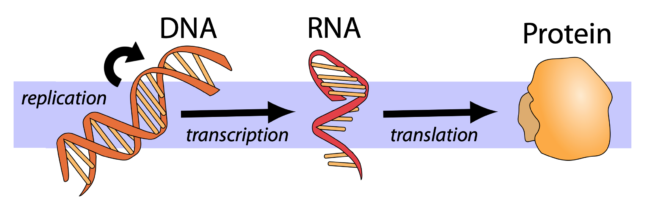
But, the condition of the early earth is quite different from the environment in your laboratory, right? How can you apply your research results to guess what life was like at the beginning of earth?
Oh wow, that’s a million-dollar question, haha! Indeed, it’s very hard to apply our search to guess how life emerged at the beginning. As you said, the environment is different and all the conditions are different. But we try to mimic the initial condition of the earth as much as possible. For instance, once we start our reactions, we don’t add extra energy or catalyze anymore. In most chemistry experiments, you keep adding an extra amount of things to make sure certain reactions can happen, but here we don’t. We want to see how different materials interact organically, whether something interesting could emerge from a total mess, or not getting anything at all. It sounds a bit crazy, but we essentially try to mimic the extremely chaotic environment of the earth at its beginning. If something happens in the chaos, it should give us an insight into how life was formed at its very beginning.
What would be the most likely planets to find life in our solar system?
Ah, well. I would say, Mars. In fact, there are some findings that suggest that the conditions of Mars were quite like the earth a long time ago, and importantly, there was also water at that time. In a certain sense, Mars and Earth are like siblings, so it is not so strange if we find life on Mars. In fact, there are even some hypotheses saying lives on earth actually originated from Mars, and I think it’s possible. Recent analyses from probes on Mars also suggest that there is an ocean underneath the surface of Mars. Who knows, maybe we will find life there.
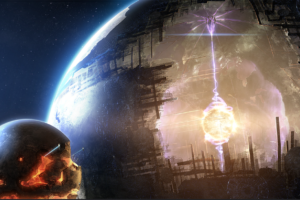

As a synthetic biologist, do you have a thought on how life will evolve in the future?
Of course, I don’t know the exact answer, but I have this hypothesis that the evolution of life is quite relevant to how living beings use energy. At the very beginning of life, when we were all unicellular organisms, organisms could only use the energy produced by themselves. After multicellularity evolved, organisms were able to exchange and store energy. Later on, some organisms like us humans gained intelligence, and they learned to use energy that is in our environment (such as coal, wind, and so on). Maybe in the future, there will be some super creatures that can make use of the energy coming from stars. If you are interested, there is a science fiction book called “Star Maker”, which describes how a civilization gains the power of harvesting energy from stars. Who knows, maybe one day we will use up the energy in our galaxy, and then we encounter other alien tribes when finding energy in the other galaxies of the universe. At that moment, I think we will have energy warfare with them (lol).
Lastly, what would be your recommendation for students who are interested in being an astrobiologist?
I think everyone can find an aspect where they can contribute to astrobiology. Astrobiology is an extremely wild field, and almost everyone can find their own style of conducting the research. What I would suggest is that you should know what your academic strengths are, and always keep an open mind with research coming from different disciplines. In my opinion, personal interest and passion is a factor that is far more important than other factors. As long as you have a strong interest in astrobiology, you should be able to find out the way to get into this field.


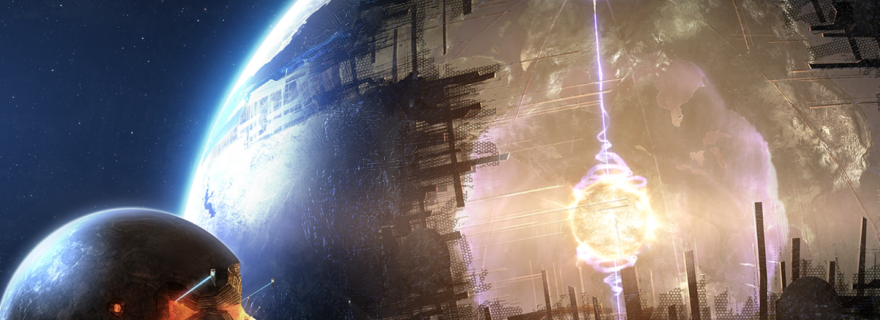

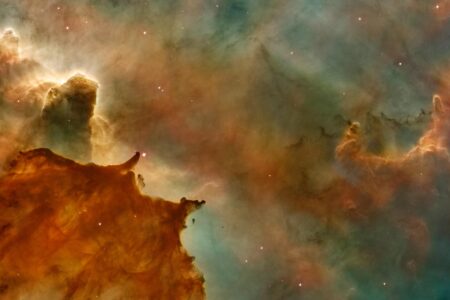
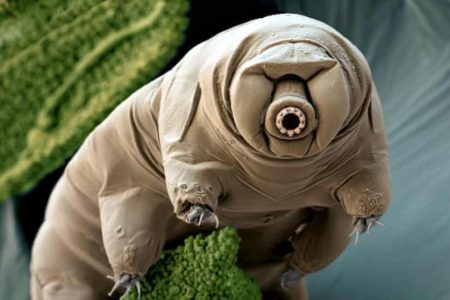
0 Comments
Add a comment